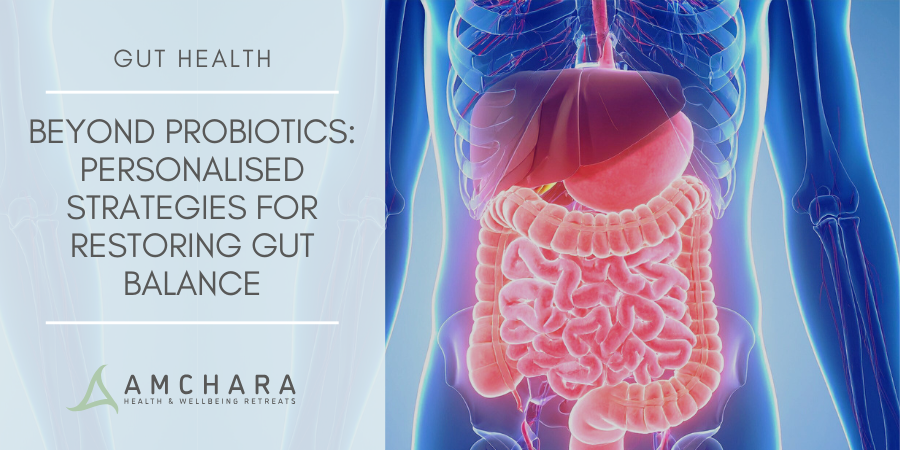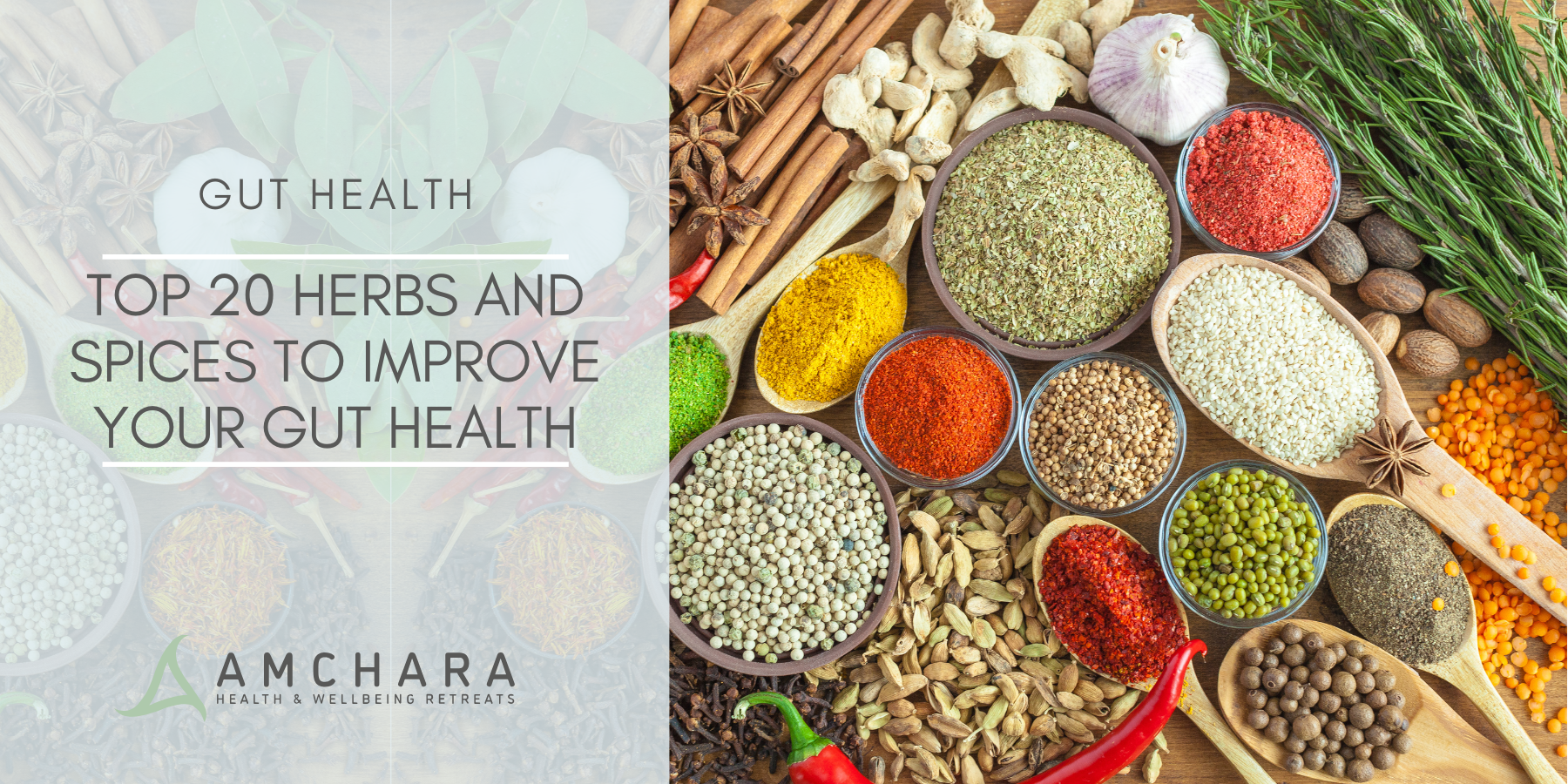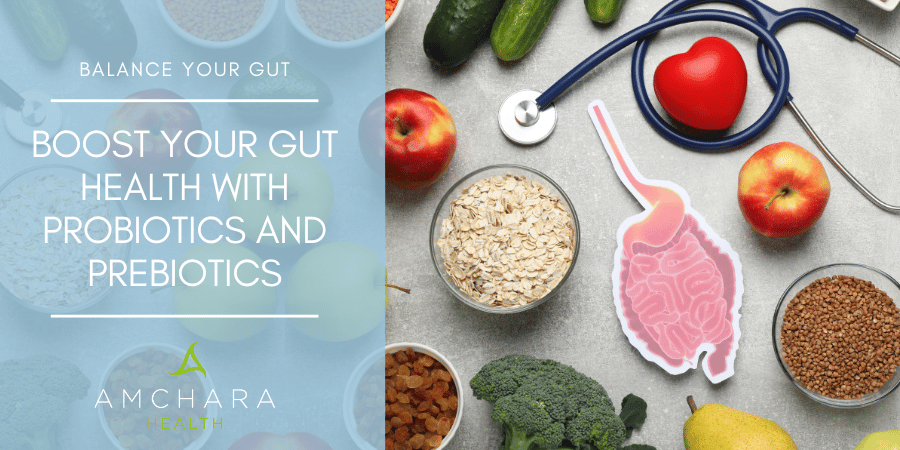Poor digestion can cause cramps, pain, bloating, flatulence and alterations to bowel movements.
In the long term poor digestion of food may affect absorption and contribute to nutrient deficiencies.
Our mission is to provide you with both insightful information and evidence-based content, all orientated towards the Personalised Health approach, with actionable knowledge and tips to help you on your journey to optimal health.
So here are 14 important steps to take to enhance your digestion:
Watch what you eat:
#1
Remove (or at least aim to minimise) foods that are hard to digest, contribute to inflammation or irritate the gut – these include red meat, dairy, sugar, processed food, coffee, tea, alcohol and spices. Gluten-containing grains are linked to damage to the gut lining (1) and are best avoided.
#2
Soups, smoothies, juices and mashed vegetables are easier to digest and can be useful whilst trying to restore your digestive function.
#3
Include fresh brightly coloured fruit and vegetables rich in antioxidants which help to heal the gut and prevent further damage.
#4
Eat oily fish 2-3 times a week as they are full of beneficial omega-3 essential fats that help to decrease inflammation (2). Salmon, sardines, herring, tuna and mackerel are good sources.
#5
Ensure a good water intake of 1-2 litres a day (6-8 glasses) and avoid drinking at mealtimes as this dilutes digestive secretions.
Change how you eat:
#6
Eat smaller meals, these will be easier to digest and try to avoid snacking in between meals. A gap between meals allows the gut to naturally cleanse itself and help to restore good function. Avoid eating late at night, especially before bed.
#7
Take time to prepare food – this is the beginning of digestion. Handling food during preparation and smelling it cooking stimulates the release of digestive secretions. This is essential to prepare your body for the meal that is about to come.
#8
Eat your meals in a relaxed manner at a table and chew your food well. Be mindful of your posture – sit up straight and do not slouch. This ensures your food is broken down into small pieces before it reaches the stomach, supports transit of food through the digestive tract and allows stimulation of digestive secretions.
Replace digestive secretions that may be lacking:
#9
Apple cider vinegar with meals or a betaine HCl supplement can be useful in times of low stomach acid (not to be used in cases of peptic ulcer). Poor stomach acid may affect protein breakdown, leading to larger than normal pieces of protein entering the intestines where it ferments.
#10
Broad spectrum digestive enzymes will help to break down fats, proteins and carbohydrates and should be taken whilst eating a meal.
#11
Lecithin is a natural emulsifier and works, much like bile, to make fats water soluble and easier to absorb. It also supports the protective mucus in the gut and helps to maintain a healthy gut lining (3).
#12
A probiotic supplement, containing beneficial bacteria normally present in the gut, may help the digestive process, absorption of nutrients and regulate bowel movements (4).
Make lifestyle changes:
#13
Address stress – chronic or high levels of stress cause the release of hormones that suppress digestion. In a state of stress, digestion is seen as a non-essential function. Stress reduction techniques like gentle walks, yoga, Tai Chi, mindfulness and breathing exercises can all support digestion.
#14
Exercise regularly – this helps to keep bowel movements regular, improves ‘feel good’ chemicals and may improve inflammation in the gut (5). Aim to take part in 30 minutes of cardiovascular exercise 3 times a week and add in resistance training (weights) twice a week.
Did you find this article useful?
Do you have any other tips that have helped you enhance your digestion?
We’d love to hear from you!
Written by Kelly Rose DipION FdSc VN
READ NEXT:




